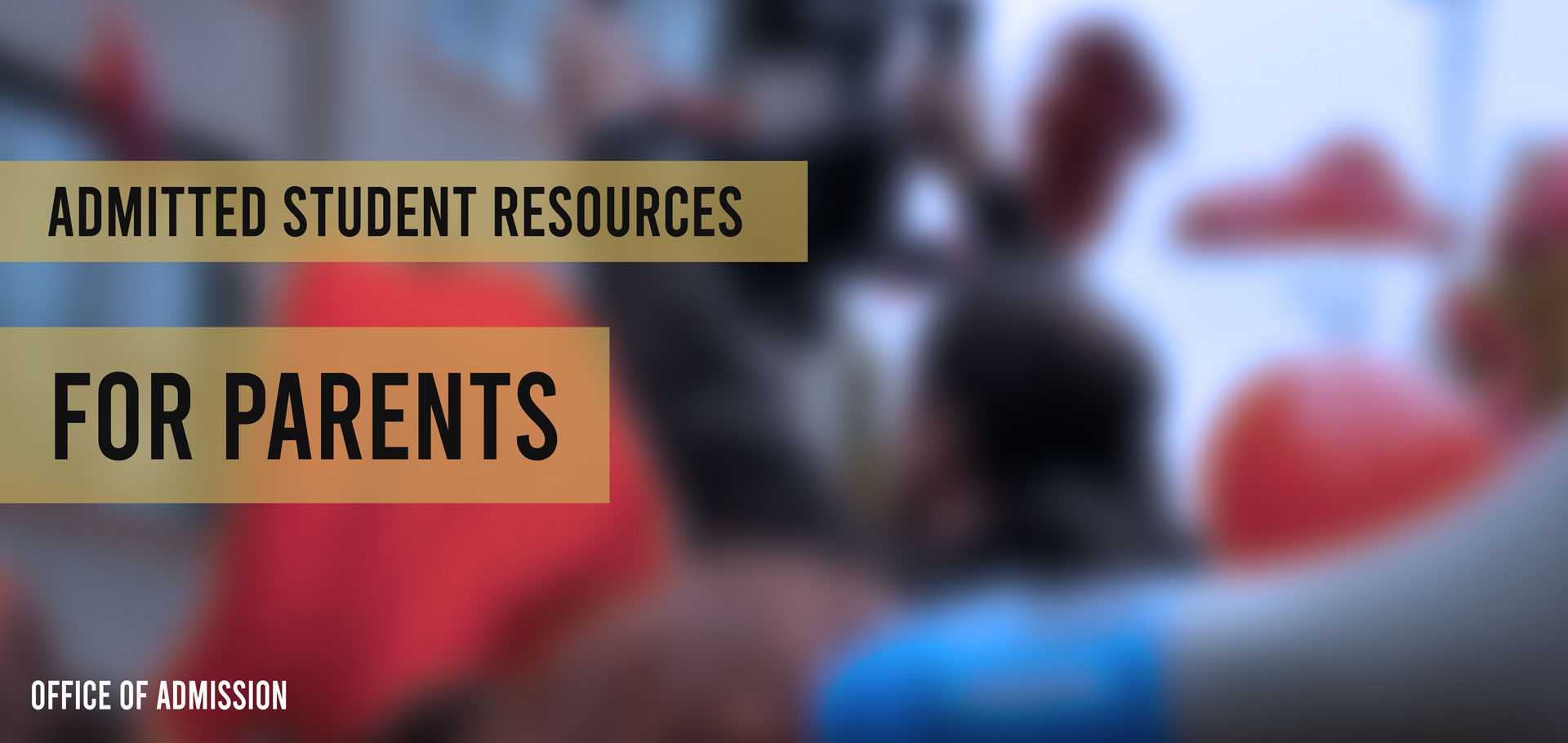
For Parents of Admitted Students
| Join us for a Parent Info Session | Schedule a 1:1 Session |
Data Supports Art School Enrollment
When you share with people your student is considering a major in the arts, do they respond like this:
-
- They’re too smart for art college.
- If they study the arts in college they will be poor and starving.
- Artists have a really hard life.
- Artists don’t make any money.
- Don’t you want them to have a real job and a house and a car someday?
- I cannot believe you would pay all that money for an art degree. Why don’t they earn a business degree and do art as a hobby?
Students who might do the best at art schools are not always encouraged to attend. Whether it is other parents, neighbors, relatives, friends, or if you, yourself, are still trying to wrestle with this, Cornish is here to encourage you!
Consider some of these data points, and then share this survey with any naysayers that you meet. Memorize a few, so you will have a great comeback when they tell you all the reasons not to let your student study the arts.
In a recent survey of over 200,000 alumni with degrees in the arts:
-
-
- 72% had jobs within their area of study within four months of graduation
- 82% had jobs related directly to their major
- 90% reported critical thinking skills used daily in their work (what you learn in the arts)
- 80% love their work
-
Where this data came from:
The Strategic National Arts Alumni Project (SNAAP)
The participants (200k+ alumni) included a range of graduates with degrees in the arts, from recent graduates to professionals, 20 years post-graduation.
These outcomes are directly related to the art school experience and the innovative educational approaches at Cornish:
-
- All of our faculty are working artists. They are mentors and supporters. They are your student’s first connection to the art community outside of college, and they know who is hiring and where the jobs are.
- All the students are creatives. Every single student at Cornish is dedicated and passionate about their work. Just like your student! They are supportive of one another and celebrate their successes together.
- It is not a stand-alone Theater or Design department inside a larger university. It is a bespoke Music department or Art Department inside a college devoted exclusively to the arts.
- Students will collaborate during their time at Cornish and hire each other after Cornish!
- Actors need photographers, filmmakers need actors, animators need composers, the list goes on!
- Seattle is a city that thrives on the new and innovative. Startups need graphics/logos/websites, music, theater, and dance thrive here – even during a pandemic! Our faculty are working artists, and Seattle is the right-sized city to support their professional work, while also being the right-sized city to support the new, emerging artist.
Check out the survey and more data points. You can spend some time reviewing the data and share it with people who may not understand the success of art school graduates’ experience, and watch this great video, “Uncle Henry was wrong!”
More data points:
AICAD, The Association of Independent Colleges of Art and Design Check out their resources for parents.
Why Cornish?
Seattle | This city thrives on the new and innovative. There is an audience for all the new work our students and faculty create. Startups need graphics/logos/websites. Major artistic organizations, touring companies, and emerging artists all work together in the beautiful PNW. Music, theater, and dance thrive here—even during a pandemic! And our students are at the center of it all.
Faculty | All of Cornish teachers are working artists. They are mentors, supporters, and our student’s first connection to the art community outside of Cornish (from Seattle to NYC, and even internationally). The relationship begins as faculty:student, and transforms into mentor:mentee. After graduation, students become peers (colleague:colleague). That relationship is built to last for decades.
Peer Group | Cornish classmates and fellow students are creatives. Studying your art form inside an art school is a very different way of earning this degree. The art students make alongside their peers complements each others’ work. Students will collaborate. Students will hire each other. Actors need photographers, filmmakers need actors, animators need composers—the list goes on!
Voice | Cornish puts great emphasis on students finding their own creative voice. There is not a predetermined pathway or look of success in the arts. A Cornish education supports students as they find that unique pathway.
